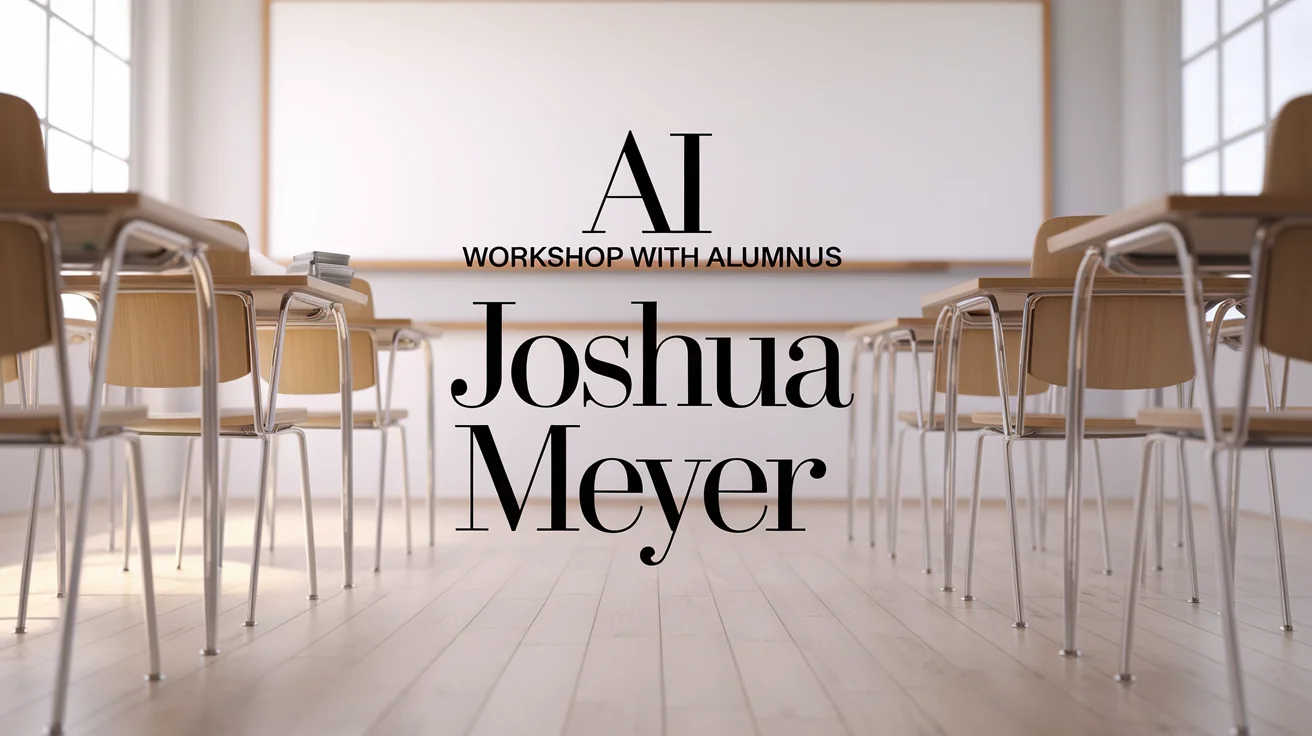AI Workshop with Alumnus Joshua Meyer

The Teaching, Learning and Technology Roundtable (TLTR) Artificial Intelligence Committee is set to host an engaging workshop titled AI 101 on November 12, 2025, from 12:30 to 1:45 p.m. in the Bishop Dougherty University Center, Room 206. This event invites students and faculty to participate in a friendly introduction to artificial intelligence, particularly focusing on large language models (LLMs).
Leading the workshop will be alumnus Joshua Meyer, who graduated in 2012 and has made significant strides in the AI industry. With a background that blends language, data, and machine learning, Meyer will guide participants through the basics of LLMs, explaining how these models predict text and function effectively as digital assistants.
The workshop promises a comprehensive understanding of user interaction with AI models, including best practices for effective and responsible usage. Participants will learn about AI anomalies, like hallucinations, and discover how to leverage AI tools to enhance academic and professional productivity.
Meyer boasts an impressive academic pedigree; he holds a Ph.D. in automatic speech recognition from the University of Arizona and a B.A. in liberal studies from Seton Hall University. Over the years, he has contributed to various sectors, including startups and large corporations. Notably, he co-founded Coqui, a generative voice AI company, and currently leads applied AI efforts at Rabbit. At Veris AI, Meyer is developing simulation environments aimed at training large language model agents, providing invaluable insights to budding ventures.
The TLTR Artificial Intelligence Committee, co-chaired by Ruchin Kansal, M.B.A., and Jessica Rauchberg, Ph.D., is dedicated to examining AI’s implications in higher education. Their work supports policy development, curates best practices for AI integration, and anticipates future workplace transformations. This committee is part of the Teaching, Learning, and Technology Roundtable, established in 1995 to enhance educational practices through technological collaboration among students, faculty, and administrators.
Seats for the workshop are limited; interested individuals should register promptly to secure their participation.